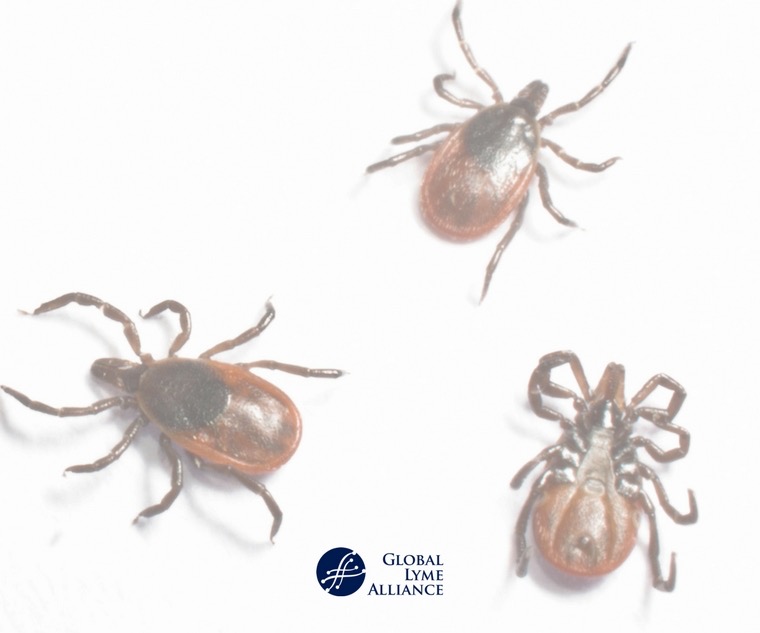
New research finds that ticks are not only becoming more common in Finland but incidents of the tick-borne disease Borrelia - also known as Lyme disease - has grown exponentially in the past 20 years. A new study by a doctoral student found that one-in-six ticks in Finland now carry the disease.
The blood-sucking tick has long been the bane of nature walkers and pets alike, and in Finland ticks are growing in numbers and spreading. The number of cases of Borrelia, a disease primarily spread through tick and lice bites, have also increased dramatically in Finland since 1995, according to doctoral student Eeva Feuth. About 1,900 cases of Borrelia have been reported in Finland annually over the past few years. That's nearly a five-fold increase in 20 years, according to Feuth, who says that about one out of every six ticks in Finland carry Borrelia.Borrelia, aka Lyme disease
People infected with Borrelia - which is also known as Lyme disease - suffer symptoms including fever, headache, fatigue and others. Left untreated, the infection can become chronic. A tick bite which develops a characteristic bullseye-shaped ringed rash around the bite area is an indication the person has become infected, and treatment usually involves the use of antibiotics. In her research, Feuth examined Finland's National Institute for Health and Welfare's (THL) registry of Borrelia cases. She also studied some 20,000 ticks which were sent to the university from locations across Finland two years ago.Ticks heading north
Feuth's study found that ticks populations are increasing and spreading across Finland. The tiny insects have now been reported in areas as far north as southern Lapland, Feuth says. The doctoral student also found that women, children and those over the age of 60 were overall more likely to be infected by Borrelia than men. Read the entire article on UUTISET.




-2.jpg)

